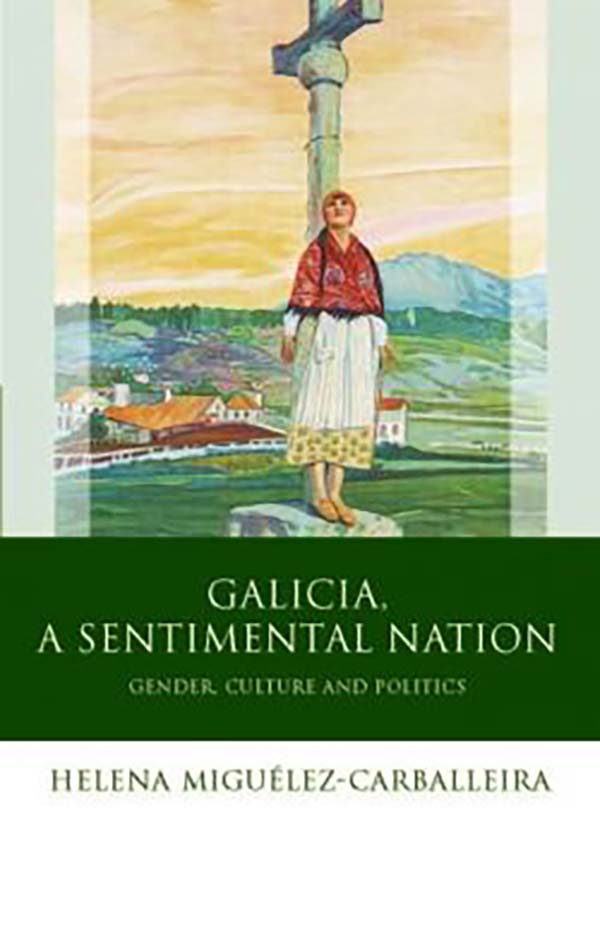Galicia, A Sentimental Nation
Gender, Culture and Politics
Author(s) Helena Miguélez-Carballeira
Language: English
Genre(s): Literary Criticism, Modern Languages
Series: Iberian and Latin American Studies
- July 2013 · 320 pages ·216x138mm
- · Hardback - 9780708326534
- · eBook - pdf - 9780708326541
- · eBook - epub - 9781783165674
This is the first feminist and postcolonial analysis of Galician cultural nationalism and its relation to the Spanish state and Spanish centralism.
""Galicia, a Sentimental Nation" places Galician literary culture for the first time at the heart of critical debate about the enduring reverberations of colonial structures and repertoires. Miguelez-Carballeira does not just tell us but shows us in stark and persuasive details that the relationship between Galicia and Spain since the nineteenth century cannot be understood without sustained feminist and postcolonial critique. A tour de force."--Kirsty Hooper, University of Warwick
Introduction: When Did We Become Sentimental? Colonial Stereotype, National Discourse and Gender in Galicia and Spain Chapter One: Shaping Galician Femininity: Method, Metaphor and Myth in Augusto Gonzalez Besada's Cultural Writing Chapter Two: Purifying the National Model: Questions of Morality and Sentimentality in Eugenio Carre Aldao's Writing Chapter Three: Competing Manhoods: Political Nationalism vs. Sentimental Regionalism in Antonio Couceiro Freijomil Chapter Four: Sexing the National Father: Between Promiscuity and Decorum in Ricardo Carvalho Calero Chapter Five: Breaking Out of the Normal: From Pineirismo to Normalization in Contemporary Galician Culture Afterword: The Man Who Married Galicia: Towards a Postcolonial Critique of Galician Sentimentality


